Travel Solo Jakarta – 5 Best Places
Jakarta, the bustling capital of Indonesia, might not be the first place that comes to mind when you think of solo travel, but trust me—it’s a hidden gem for those craving adventure and cultural immersion.
From bustling markets to serene parks and fantastic street food, Jakarta has a unique mix of attractions that are perfect for solo travelers like you and me.
In this guide, I’ll walk you through some must-visit spots, and how to make the most of your trip while Travel Solo Jakarta.
Why Jakarta for Solo Travelers?
Jakarta offers a distinctive blend of history, modernity, and local culture. While it’s not as touristy as Bali or Yogyakarta, that’s exactly what makes it so unique!
The city is constantly alive with energy, and its local population is incredibly welcoming.
Plus, Jakarta has affordable accommodations, inexpensive food options, and many free or low-cost attractions—making it ideal for solo travelers who want to explore without breaking the bank.
Things to Do while Travel Solo Jakarta
Here are some free and paid places that you can visit while you Travel Solo Jakarta.
Kota Tua (Old Town) – Free
Walking through Kota Tua feels like stepping back in time. The area is famous for its colonial-era buildings, many of which have been converted into museums, cafes, and galleries.
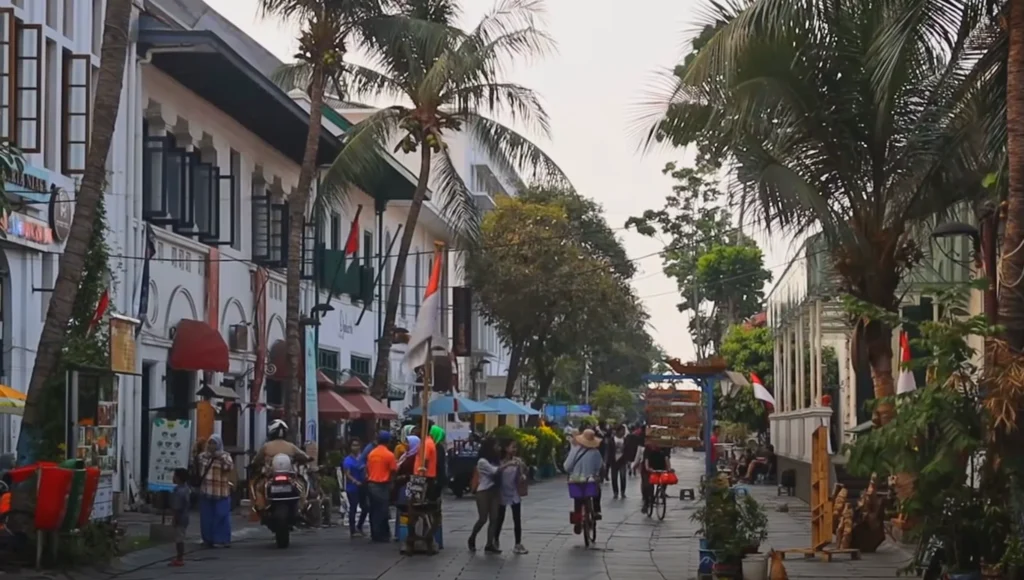
Make sure to check out Fatahillah Square, where you can soak up the local vibe, see street performers, and grab some coffee at Cafe Batavia, a well-preserved colonial cafe.
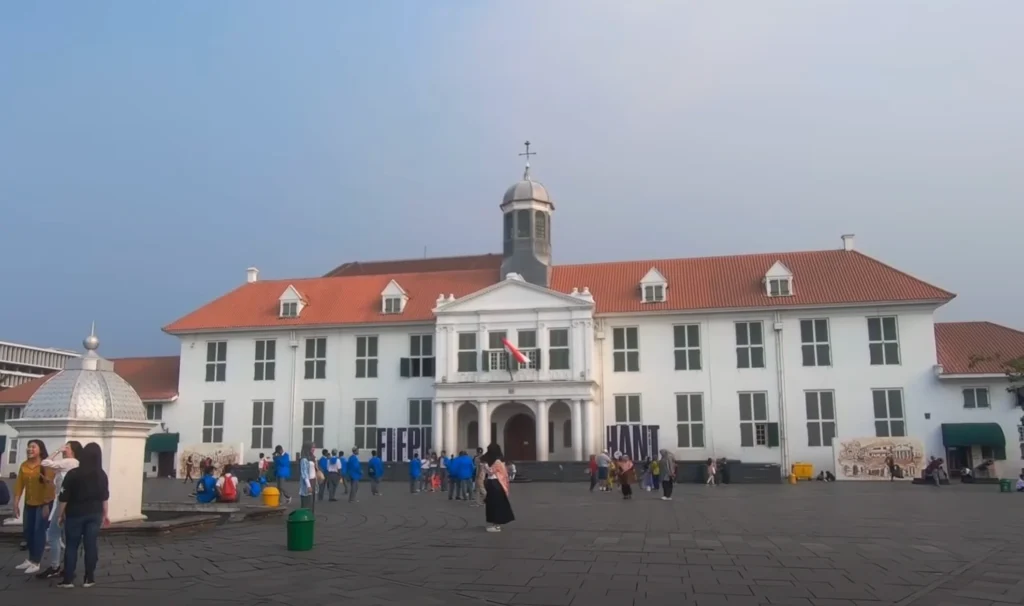
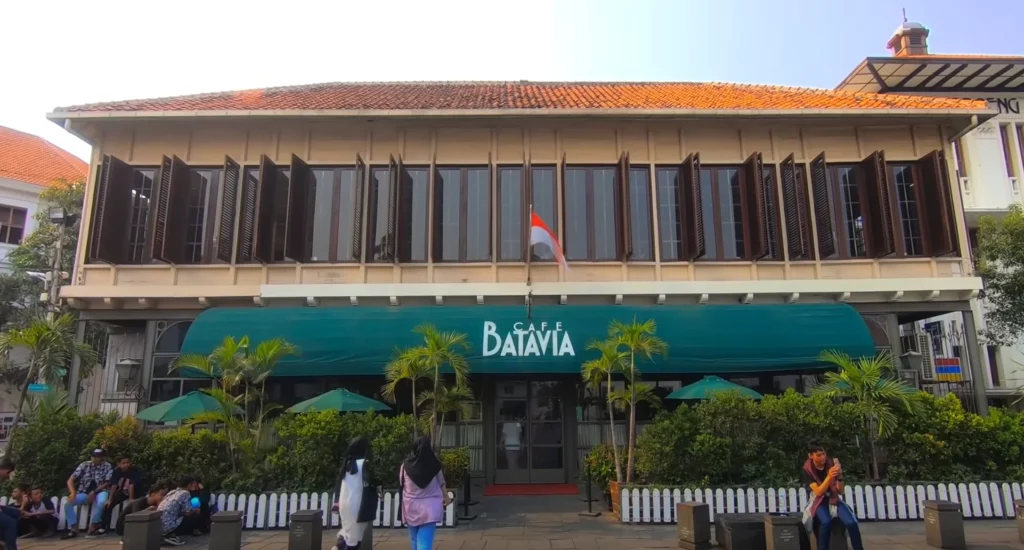
Museum Bank Indonesia: For around IDR 5,000 ($0.35 USD), learn about Indonesia’s financial history in a beautifully restored building.
Why It’s Great for Solo Travelers: You can wander at your own pace and snap as many photos as you like. Plus, the area is generally safe and lively with people, so you’ll never feel isolated.
National Monument (Monas) – IDR 15,000 ($1 USD)
No trip to Jakarta is complete without visiting Monas. This 132-meter-tall monument is a symbol of Indonesia’s independence and offers an amazing view of the city from the top. It can get a bit crowded, so consider going early in the morning to avoid long lines.
- Entrance Fee: About IDR 15,000 for locals, and IDR 30,000 ($2 USD) for international tourists.
Solo Tip: Monas is in Merdeka Square, a large park that’s great for a morning jog or a peaceful walk in the evening.
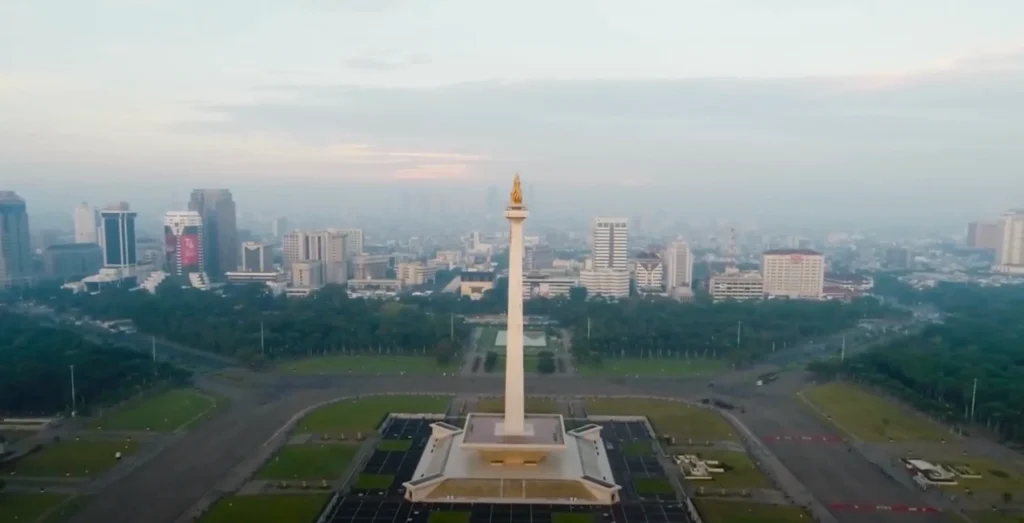
Street Food Scene – Cheap and Delicious!
If you’re a foodie like me, Jakarta’s street food will not disappoint! Jalan Sabang is one of the best spots to sample authentic Indonesian street food.
You’ll find everything from nasi goreng (fried rice) to satay skewers, all at budget-friendly prices (expect to pay around IDR 20,000-30,000 ($1.50-$2 USD) per dish).
Must-Try Foods:
- Bakso (meatball soup)
- Gado-Gado (Indonesian salad with peanut sauce)
- Martabak (Indonesian pancake)
Eating street food is a fantastic way to experience the local culture and flavors on a budget. Plus, as a solo traveler, you can sample small portions and try a variety of dishes!
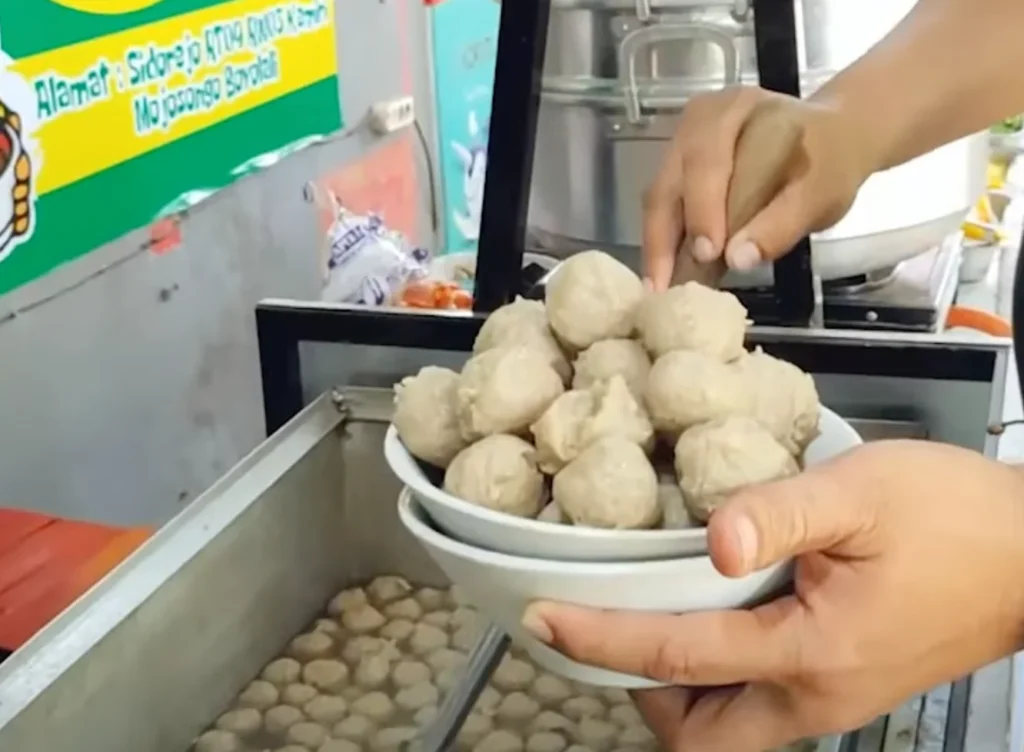
Relax at Taman Suropati – Free!
Located in the Menteng area, Taman Suropati is a peaceful park surrounded by beautiful sculptures and local art.
It’s a great spot to unwind, people-watch, or just enjoy a quiet afternoon. Locals often gather here, so it’s also a good chance to chat and make friends.
Why It’s Perfect for Solo Travelers: It’s free, serene, and safe. You can read a book, have a picnic, or simply recharge before heading out again.
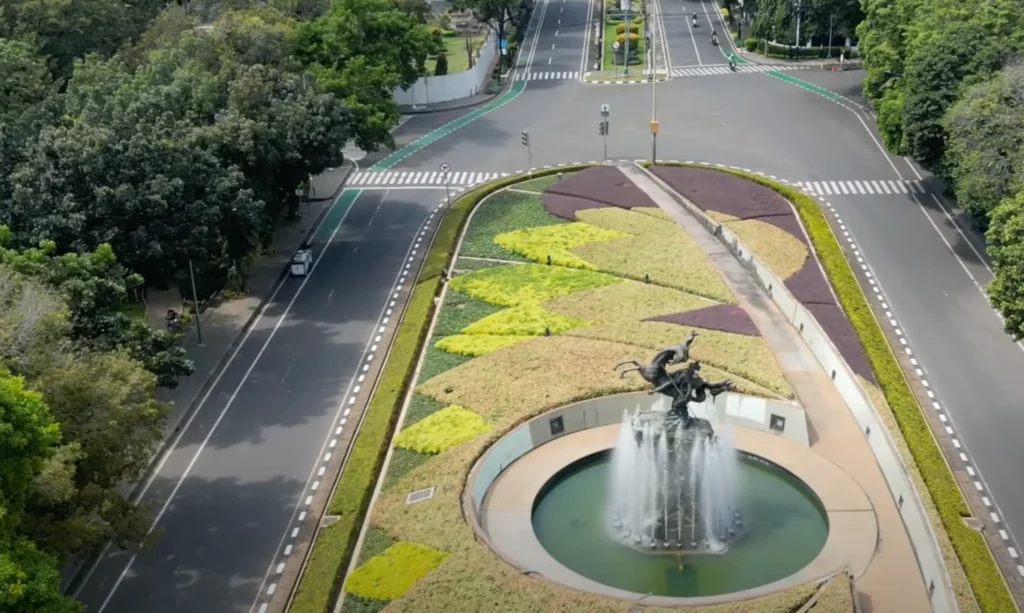
Pasar Baru – Affordable Shopping and More
If you love shopping, Pasar Baru is one of Jakarta’s oldest markets and a fantastic place to hunt for deals on clothing, accessories, and souvenirs.
Here, you can practice your bargaining skills, and there’s no better place for it than in this lively and colorful market.
Most items are reasonably priced, and with a little haggling, you can score great deals.
What I Found: I bought a few batik scarves for IDR 50,000 ($3.50 USD) each—a perfect gift or keepsake from Jakarta!
Here’s an outline that can help with each of these sections for a blog post or solo travel guide on Jakarta.
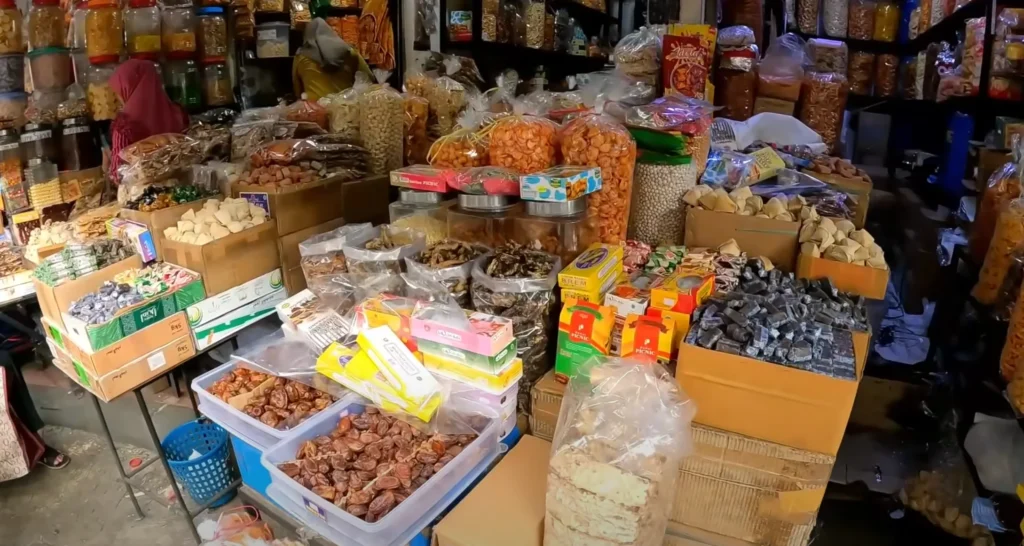
Practical Information
Currency: The local currency in Jakarta is the Indonesian Rupiah (IDR). ATMs are widely available, and most major credit cards are accepted in hotels, malls, and restaurants. Tip: Always carry a small amount of cash for street vendors and local transport.
Language: While Bahasa Indonesia is the official language, English is widely spoken in tourist areas. Learning a few basic Indonesian phrases can go a long way in making local connections.
Connectivity: SIM cards are cheap and widely available at the airport or convenience stores. Expect to pay around IDR 50,000 ($3.50 USD) for a SIM card with a few GBs of data, which is perfect for staying connected and using navigation apps.
Health Precautions: Make sure to stay hydrated and use mosquito repellent, as Jakarta can be humid and mosquitoes are common in certain areas. Tap water isn’t drinkable, so stick to bottled or filtered water.
Weather: Jakarta is warm year-round, with temperatures typically between 25°C to 32°C (77°F to 90°F). The rainy season is from November to March, so if you plan to travel during this period, expect afternoon showers.
Jakarta Nightlife
Jakarta’s nightlife is lively, diverse, and has something for everyone—from swanky rooftop bars to live music venues and late-night food spots.
- SCBD (Sudirman Central Business District): Known for upscale bars and nightclubs, SCBD is the go-to spot for an upscale night out. Lucy in the Sky and Fable are popular venues, where you can enjoy live DJs, vibrant atmospheres, and panoramic city views. Cover charges here are generally around IDR 100,000-200,000 ($7-$14 USD).
- Kemang: This neighborhood has a more laid-back vibe with many cafes and live music bars. Places like The Safehouse offer live jazz, indie music, and themed nights, great for solo travelers looking to mingle with locals and expats.
- Street Food Markets: For a low-key evening, head to Jalan Jaksa or Jalan Sabang. Both streets have vibrant food markets and casual local bars where you can sample Indonesian snacks like martabak and nasi goreng late into the night.
Tip for Solo Travelers: Jakarta’s nightlife venues are generally safe, but as with any city, be mindful of your belongings and stick to registered transportation like Grab or Bluebird Taxis to get home safely.
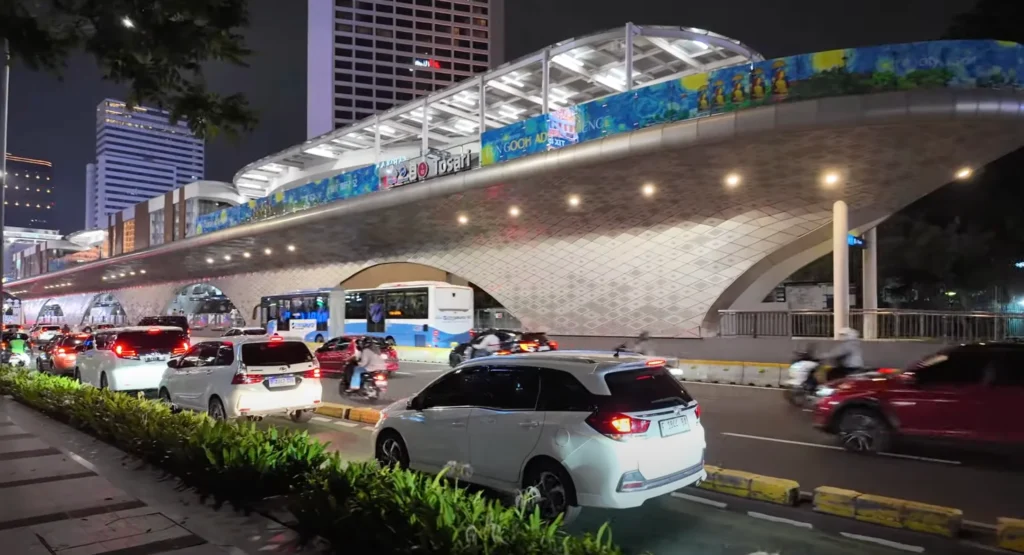
Interesting Walks
Kota Tua (Old Town): The historic heart of Jakarta is perfect for a day of exploring on foot. Stroll through Fatahillah Square, where you’ll find colonial architecture, street artists, and charming cafes. Be sure to visit Museum Bank Indonesia and Cafe Batavia for a taste of Jakarta’s colonial past.
Menteng Area: This is a great area for quieter walks through leafy streets, with interesting stops like Taman Suropati and Proklamasi Monument. The area has a serene vibe, and you’ll often see locals walking their dogs or having picnics.
Setu Babakan: Located south of central Jakarta, this cultural village celebrates Betawi heritage, showcasing traditional architecture, art, and music. It’s a peaceful escape from the city hustle and a great place to walk around and experience local culture.
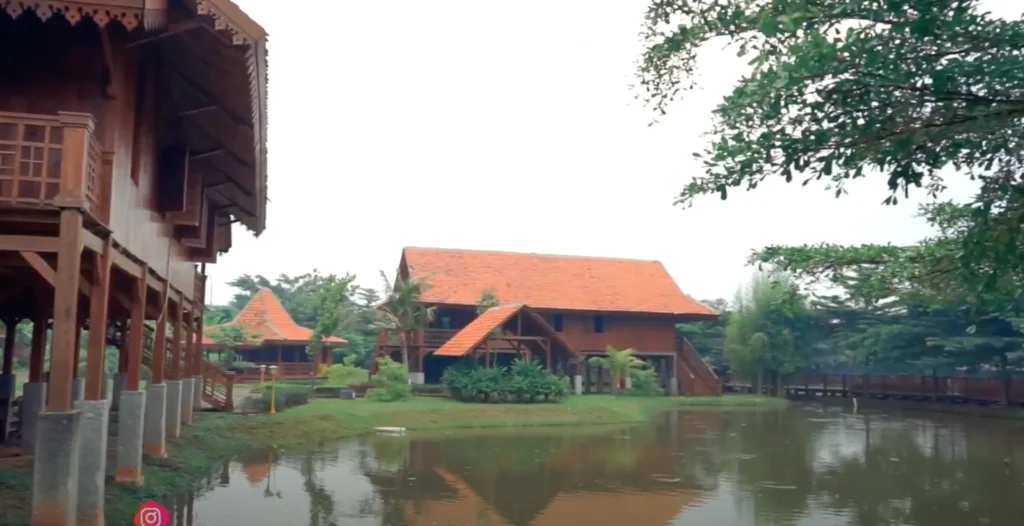
Monas (National Monument): Start your walk at Merdeka Square and head to Monas, where you can take in panoramic views from the top. The surrounding area has peaceful parks and green spaces, ideal for a leisurely evening walk.
Best Time to Travel Solo Jakarta
Dry Season (May to October): The best time to visit Jakarta is during the dry season, from May to October. The weather is generally more comfortable, with less humidity and fewer rainy days, making it perfect for exploring the city on foot. August and September, in particular, tend to have the clearest skies.
Rainy Season (November to March): Jakarta’s rainy season can bring afternoon showers and occasional flooding, which can limit outdoor activities. However, if you enjoy fewer crowds, this might be a good time for museum visits, indoor activities, and exploring Jakarta’s culinary scene.
Special Events:
- Jakarta International Java Jazz Festival (March): This popular music festival draws international and local jazz artists and is one of the city’s top cultural events.
- Independence Day (August 17th): If you’re in Jakarta in August, you’ll experience vibrant celebrations and parades marking Indonesia’s Independence Day.
Safety Tips for Travel Solo Travelers
- Stay alert in crowded places, especially at night and in busy markets. Petty theft can happen, so keep your belongings close.
- Trust your instincts when choosing places to eat or people to interact with. Locals are generally friendly and helpful, but it’s always best to stay cautious.
- Use registered transportation like Grab, Gojek, or Bluebird taxis to avoid issues with unregulated transport.
Getting Around Jakarta
Transportation Tips: Jakarta’s public transportation system is incredibly solo-traveler-friendly, especially the TransJakarta buses (fares are around IDR 3,500 or about $0.25 USD per ride). Grab and Gojek, the local ride-sharing apps, are also affordable and reliable, especially for shorter distances or late-night outings.
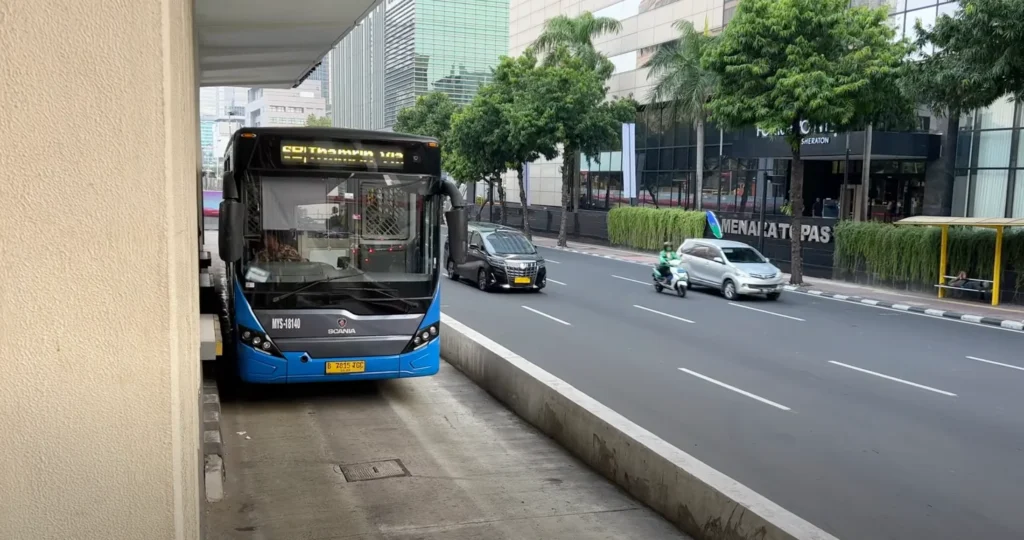
Pro Tip: If you’re going to stay for a few days, consider getting an e-money card, which you can load up and use for buses, commuter trains, and some shops. It makes getting around so much easier.
Where to Stay in Jakarta as a Solo Traveler
Jakarta offers a range of accommodation options, from budget-friendly hostels to more luxurious stays. Here are a few recommended areas:
- Kota Tua (Old Town): Known for its historical charm, Kota Tua is great for exploring colonial-era architecture and museums.
- Menteng: A quieter area with plenty of green spaces, perfect if you want a peaceful yet central base.
- Sudirman and Thamrin: The city center with modern hotels, skyscrapers, and great shopping. It’s busy but offers easy access to most attractions.
Hostel Prices: You can find decent hostels for around IDR 100,000-200,000 ($7-$14 USD) per night in these areas. Hostels are a great way to meet other travelers and get insider tips on the city!
Practical Information
Currency: The local currency in Jakarta is the Indonesian Rupiah (IDR). ATMs are widely available, and most major credit cards are accepted in hotels, malls, and restaurants. Tip: Always carry a small amount of cash for street vendors and local transport.
Language: While Bahasa Indonesia is the official language, English is widely spoken in tourist areas. Learning a few basic Indonesian phrases can go a long way in making local connections.
Connectivity: SIM cards are cheap and widely available at the airport or convenience stores. Expect to pay around IDR 50,000 ($3.50 USD) for a SIM card with a few GBs of data, which is perfect for staying connected and using navigation apps.
Health Precautions: Make sure to stay hydrated and use mosquito repellent, as Jakarta can be humid and mosquitoes are common in certain areas. Tap water isn’t drinkable, so stick to bottled or filtered water.
Weather: Jakarta is warm year-round, with temperatures typically between 25°C to 32°C (77°F to 90°F). The rainy season is from November to March, so if you plan to travel during this period, expect afternoon showers.
Jakarta Nightlife
Jakarta’s nightlife is lively, diverse, and has something for everyone—from swanky rooftop bars to live music venues and late-night food spots.
- SCBD (Sudirman Central Business District): Known for upscale bars and nightclubs, SCBD is the go-to spot for an upscale night out. Lucy in the Sky and Fable are popular venues, where you can enjoy live DJs, vibrant atmospheres, and panoramic city views. Cover charges here are generally around IDR 100,000-200,000 ($7-$14 USD).
- Kemang: This neighborhood has a more laid-back vibe with many cafes and live music bars. Places like The Safehouse offer live jazz, indie music, and themed nights, great for solo travelers looking to mingle with locals and expats.
- Street Food Markets: For a low-key evening, head to Jalan Jaksa or Jalan Sabang. Both streets have vibrant food markets and casual local bars where you can sample Indonesian snacks like martabak and nasi goreng late into the night.
Tip for Solo Travelers: Jakarta’s nightlife venues are generally safe, but as with any city, be mindful of your belongings and stick to registered transportation like Grab or Bluebird Taxis to get home safely.
Interesting Walks
Kota Tua (Old Town): The historic heart of Jakarta is perfect for a day of exploring on foot. Stroll through Fatahillah Square, where you’ll find colonial architecture, street artists, and charming cafes. Be sure to visit Museum Bank Indonesia and Cafe Batavia for a taste of Jakarta’s colonial past.
Menteng Area: This is a great area for quieter walks through leafy streets, with interesting stops like Taman Suropati and Proklamasi Monument. The area has a serene vibe, and you’ll often see locals walking their dogs or having picnics.
Setu Babakan: Located south of central Jakarta, this cultural village celebrates Betawi heritage, showcasing traditional architecture, art, and music. It’s a peaceful escape from the city hustle and a great place to walk around and experience local culture.
Monas (National Monument): Start your walk at Merdeka Square and head to Monas, where you can take in panoramic views from the top. The surrounding area has peaceful parks and green spaces, ideal for a leisurely evening walk.
Final Thoughts on Travel Solo Jakarta
Traveling solo in Jakarta is an experience full of contrasts: historic sites and modern skyscrapers, tranquil parks and busy markets.
The city is vibrant, affordable, and filled with friendly faces, making it a welcoming destination for solo adventurers.
If you’re looking to experience a side of Indonesia that’s not as touristy as Bali but equally rewarding, Jakarta should be on your radar.
So pack your bags, charge your camera, and get ready to explore the heart of Indonesia—Jakarta, here you come!

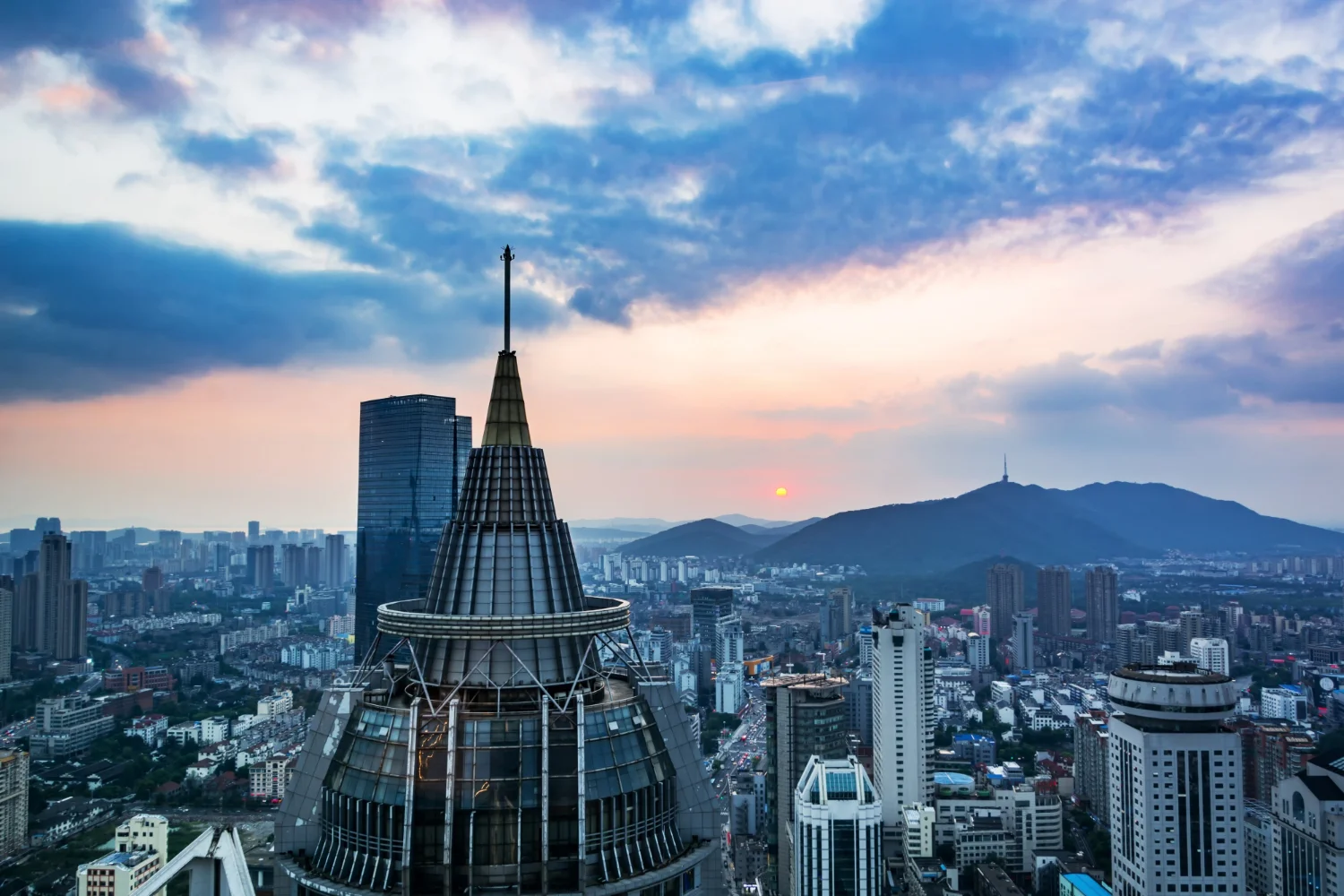
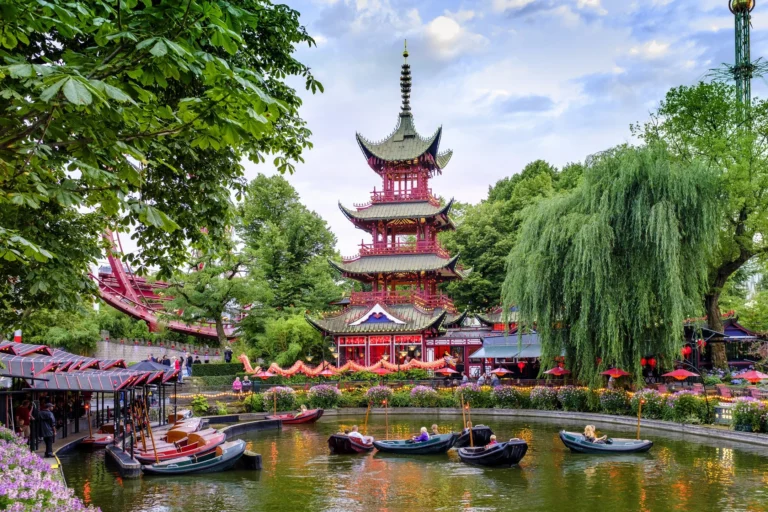
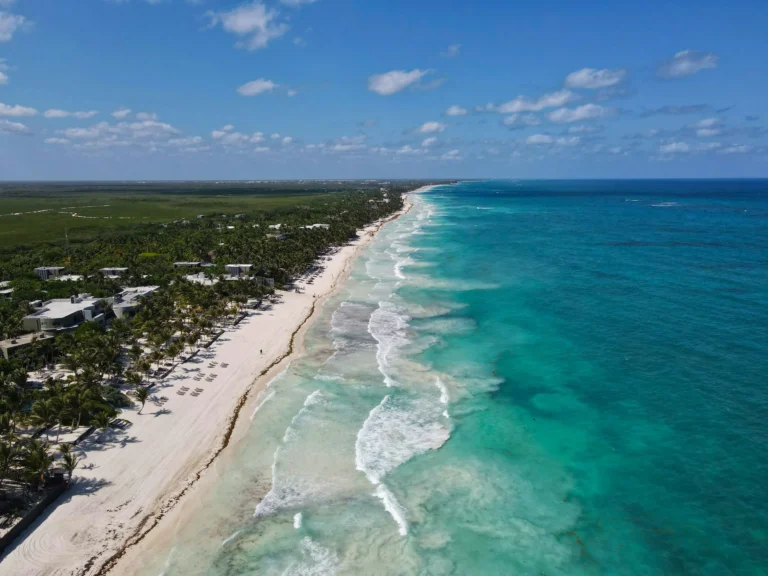
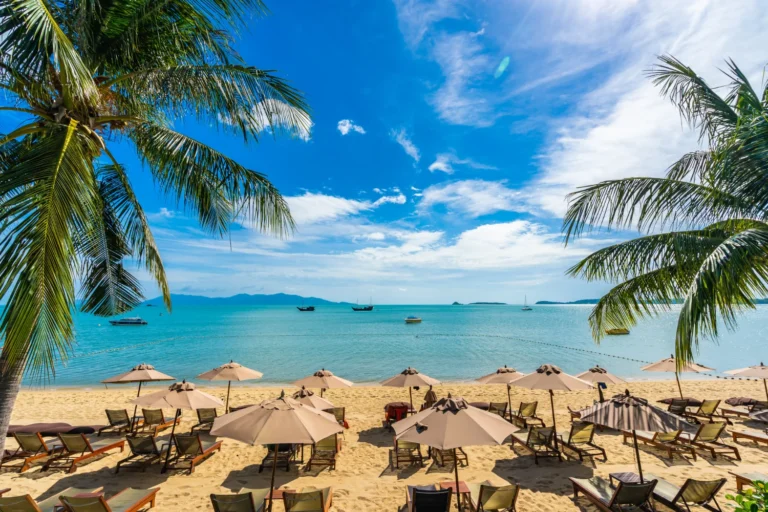
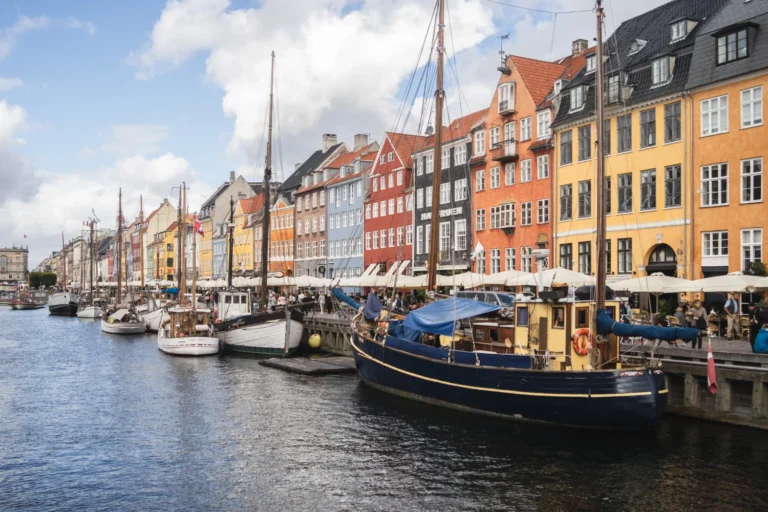
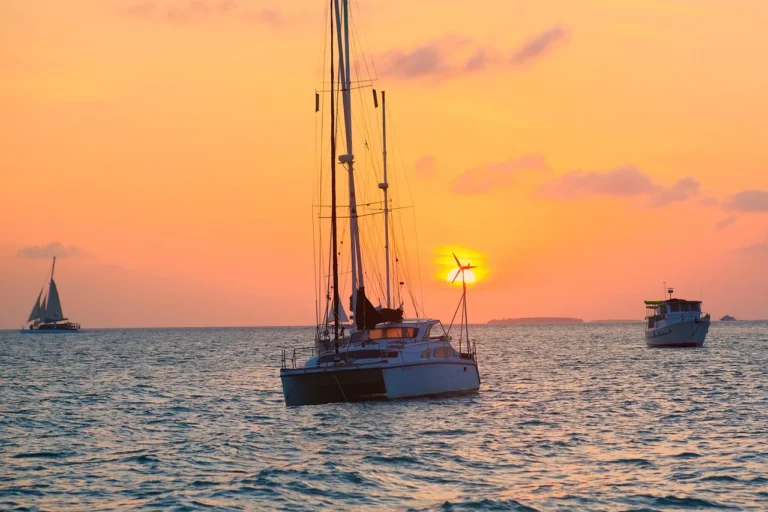

One Comment